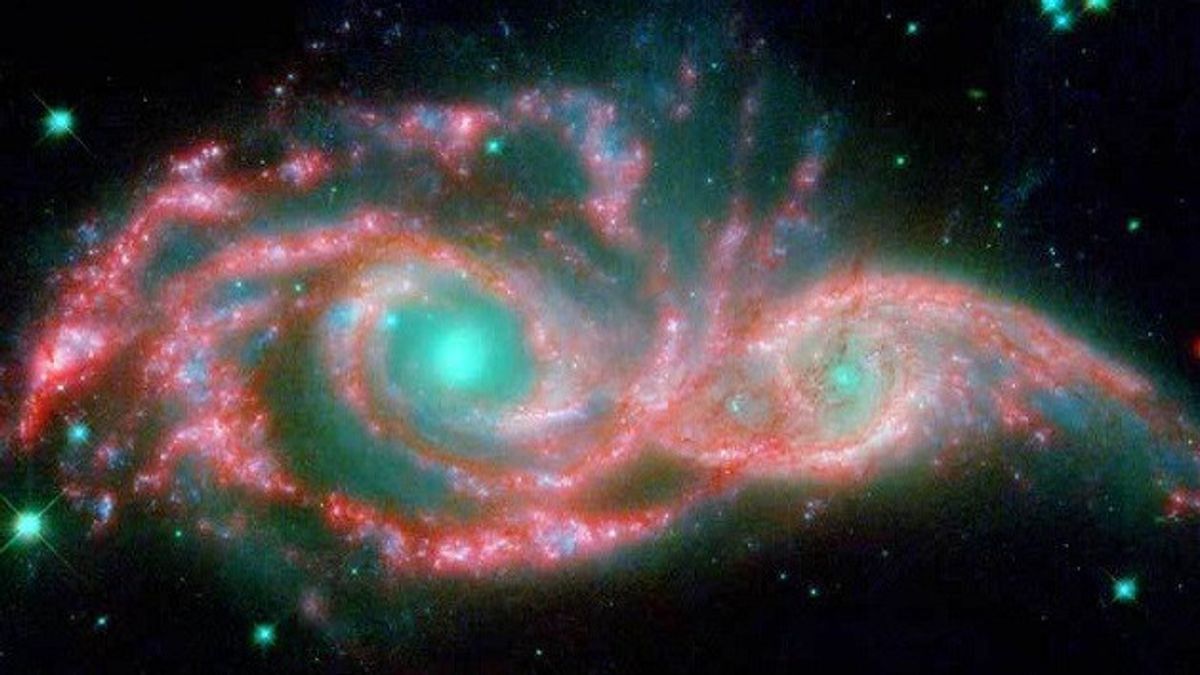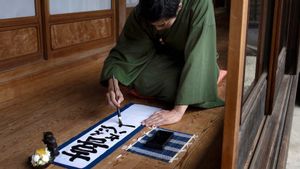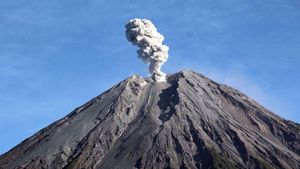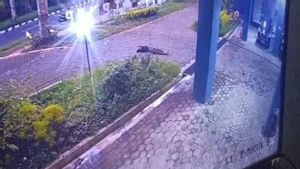JAKARTA - To search for the cosmic origin of the universe in the sky, scientists from UKRI (English Research and Innovation) joined international astronomy missions.
A total of six universities in the UK will provide a major improvement to the cosmic microwave background (CMB) experiment conducted by the Simons Observatory (SO) with UKRI's disbursed funds of 18 million pounds equivalent to Rp314 billion.
The CMB is a hot trail left by the Big Bang, and by studying it it can explain more understanding of how stars and galaxies formed.
Meanwhile, SO itself is a land-based telescope stationed on a 5,200 meter high mountain above the Atacama Desert in Chile.
Prior to this new British contribution, SO consisted of a single large aperture telescope and three small aperture telescopes.
Both types of telescopes will perform two different jobs for this new mission. Where small aperture telescopes will be focused on searching for signs of primordial gravitational waves.
The large telescope will address various unsolved questions including the nature of neutrino, other relativistic species, the nature of dark matter, and the physics that raises the acceleration of the observed expansion of the universe.
"The addition of new telescopes and researchers will be a significant addition to our program and will help ensure SO returns tremendous science for the years to come," said SO spokesman Professor Mark way, of The University of Pennsylvania quoted from Metro, Tuesday, October 18.
This international project is led by the United States (US), supported by the Simons Foundation, the Heising-Simons Foundation, and includes 85 institutions from 13 other countries.
The English, Chinese, Japanese, Arabic, and French versions are automatically generated by the AI. So there may still be inaccuracies in translating, please always see Indonesian as our main language. (system supported by DigitalSiber.id)








